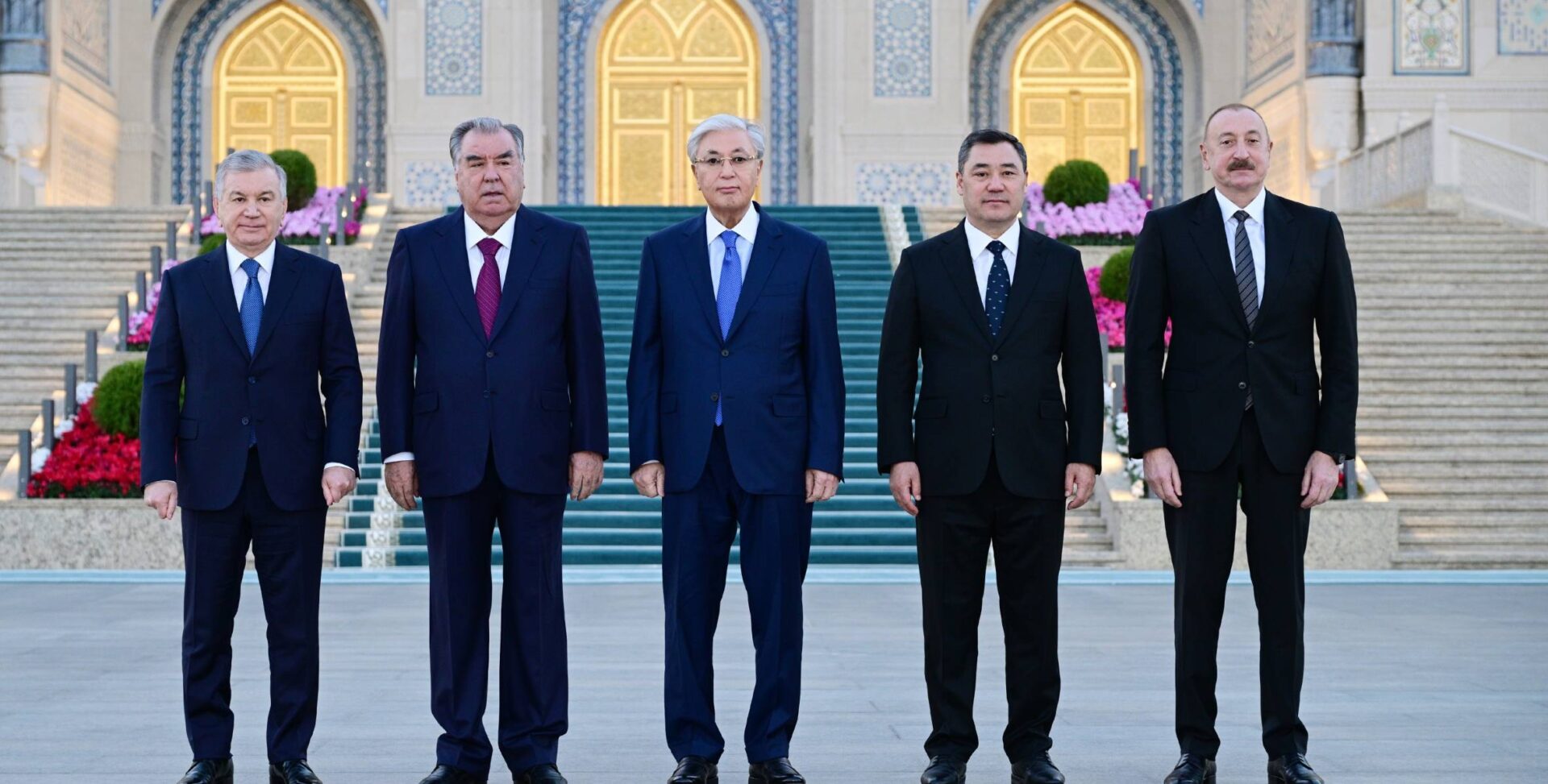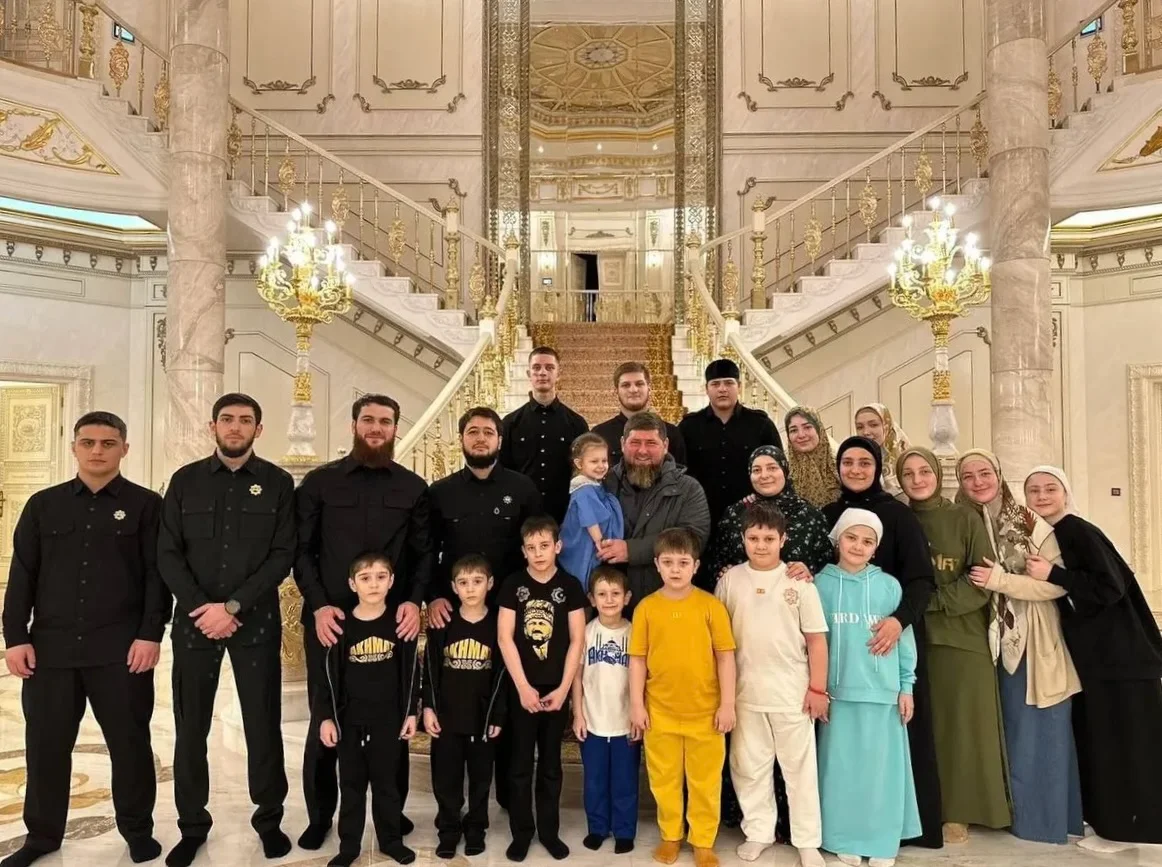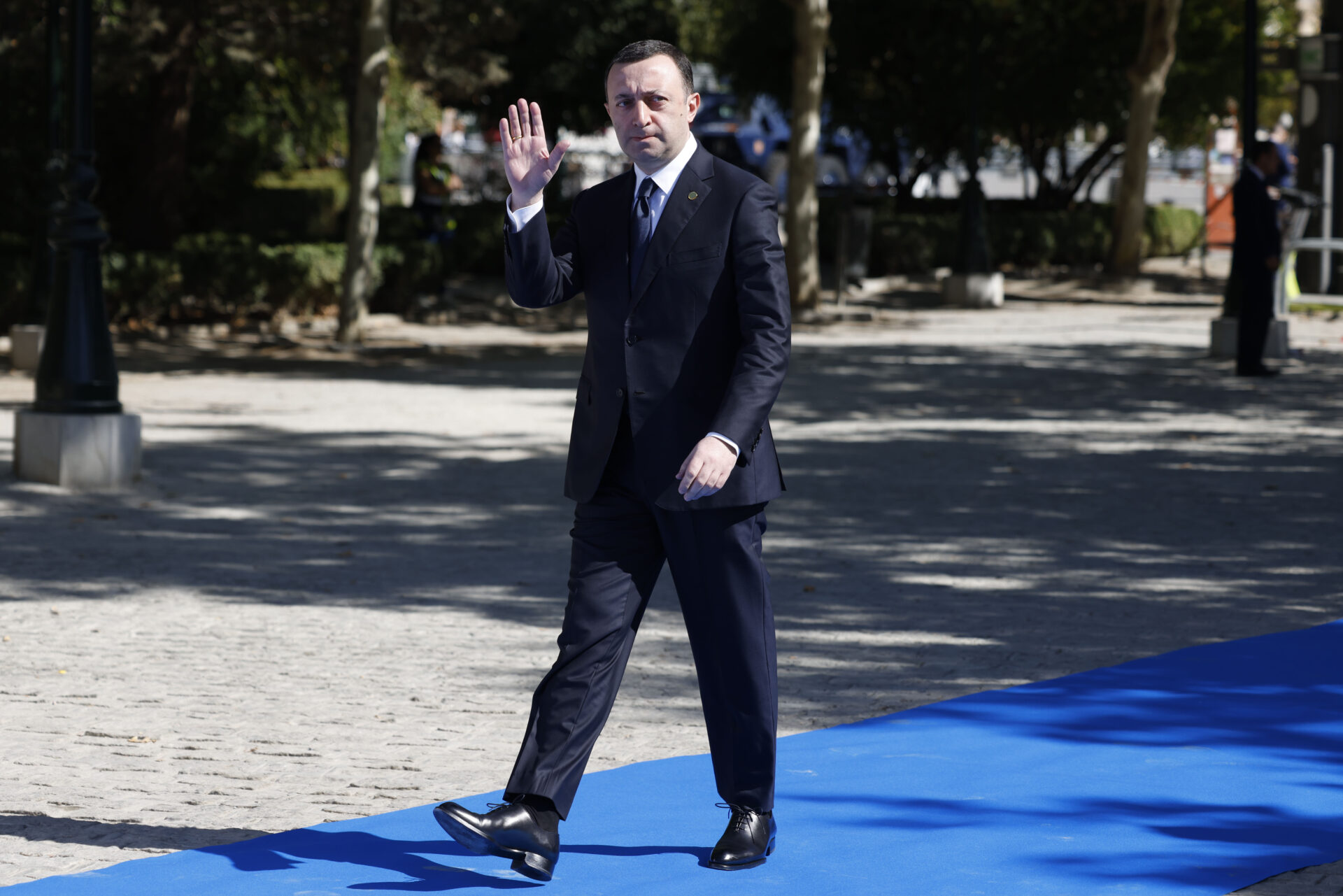RUSSIAN ARMY CONTINUES TO LOSE OFFICERS.
RUSSIAN ARMY CONTINUES TO LOSE OFFICERS.
Amid the chest-pounding which the Russian military leadership is currently engaging in over its purported successes in Chechnya, a report published earlier this month is a sobering reminder of the problems which continue to plague the institution which remains the real key to the army’s future: its officer corps. According to Argumenty and Fakty (No. 13, October), roughly 10 percent of all officer posts in the armed forces are now vacant. That shortage comes despite sharp force reductions implemented by the Defense Ministry over the past decade. Moreover, one-third of all officers with over twenty years of service are reportedly seeking to retire from the army. More disturbing still is the army’s hemorrhaging of younger officers. The newspaper reports that nearly one-half of all newly minted lieutenants have hopes of resigning their commissions on graduation. Some 20,000 officers under the age of thirty reportedly resigned from the armed forces in 1998, a figure comparable to the number of graduates of military academies (Nezavisimaya gazeta, February 23).
The Defense Ministry’s inability to retain the services of what, in many cases, are its best young officers is not a new phenomenon and is believed by many to be having a devastating impact on the army’s morale and capabilities. Among other things, it has contributed to a “graying” of the officer corps, one in which older, more conservative officers stay in the service while their often more dynamic junior colleagues head for the challenges of the civilian world. In practical terms, the demographics underlying this loss of officers has meant especially difficult staffing shortages among platoon and unit commanders. That has contributed to the army’s decline in combat capabilities. And while officer shortages are reported to be a problem everywhere, they are said to be especially serious in more remote garrisons (Nezavisimaya gazeta, January 11; Krasnaya zvezda, May 18).
The inability to retain officers has also undermined the military leadership’s efforts to root out the barracks violence long endemic to Russian military life. In this regard, the shortage of quality junior officers has been compounded by the Defense Ministry’s abject failure to recruit reliable contract volunteers. Continuing violence in the barracks, and what has sometimes been a more general neglect of the welfare of young draftees, has also tended to lower the prestige of the military in the eyes of the civilian population. Although the army appears to be enjoying a resurgence of popularity since the latest military operations in the Caucasus began, that has not stopped civilian groups from accusing the Defense Ministry of sending young, untrained conscripts to the battle zone. If the military operations there should go sour, as many fear they will, civilian critics are likely to turn on the army with redoubled ferocity.
The Russian army’s loss of officers is nothing new. According to one report, nearly 115,000 officers have quit the service over the past three years, more than 60 percent of them having resigned long before their term of service was set to expire. The same report accuses military leaders of having squandered large amounts of scarce government funding in the training of cadets who are expelled before they complete their training, or who leave the service immediately upon graduation because there are no openings in the specialties for which they were trained. A large number of cadets who received at least some training as pilots, for example, have reportedly been assigned instead to service in infantry, tank, artillery and communications units. Some military academies, meanwhile, have been accused of accepting all available candidates–regardless of qualifications–simply to fill vacancies in established training programs (Segodnya, March 2; Moskovsky komsomolets, March 3).
MILITARY CORRUPTION A GROWING CONCERN.


